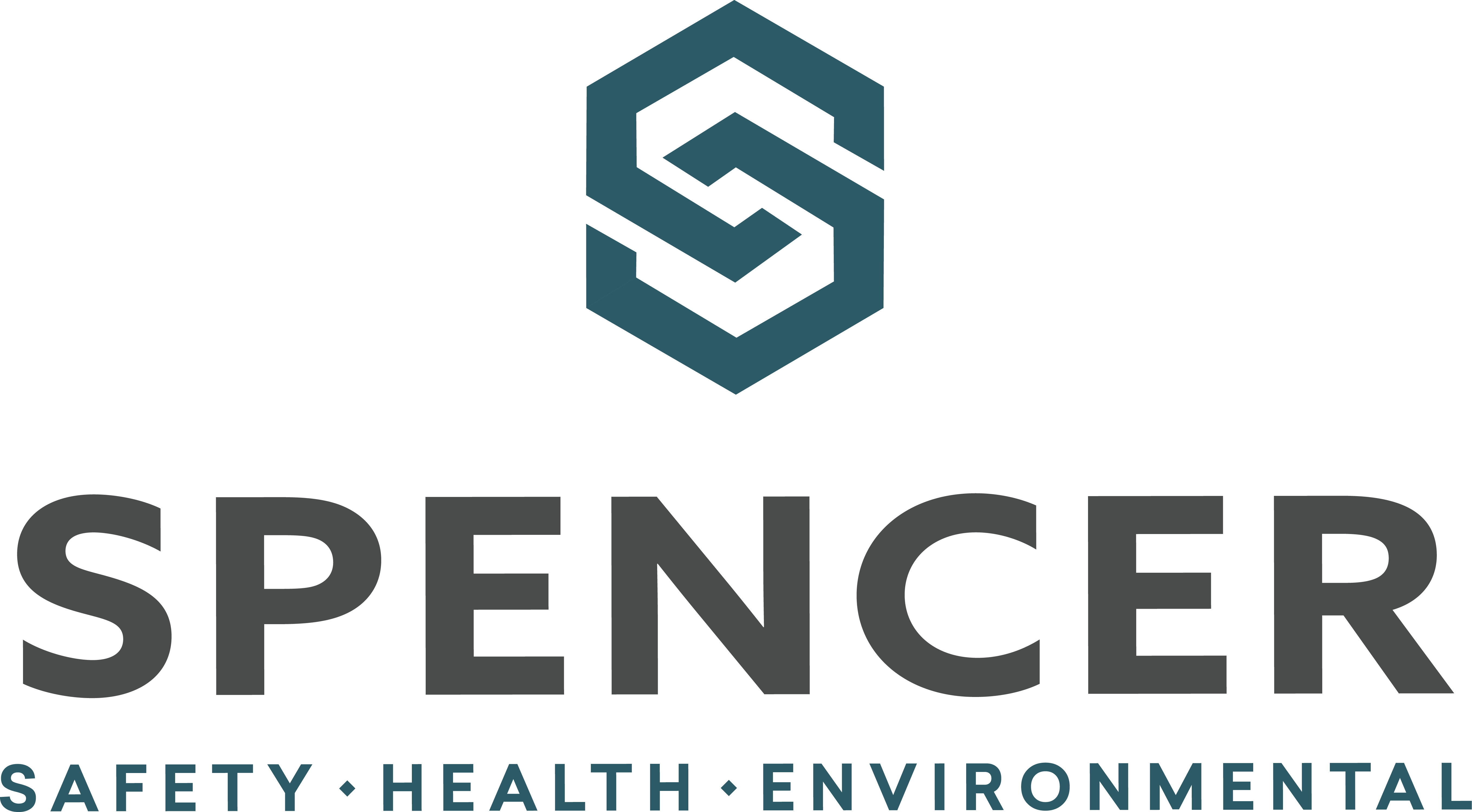Supply-Chain Sustainability Benefits
Environment, Social, and Governance (ESG) reporting has emerged in recent years as an area of attention and progress in the public disclosure landscape.
The focus on environmental, social, and governance practices is expanding to companies’ supply chains—and with good reason. Not only does responsible sourcing and greater disclosure of supply-chain risks benefit society, such practices can benefit shareholders, too.
Information on ESG-related issues along supply chains has been hard to come by and difficult to collect.
Research looked at U.S. publicly traded companies and their supply chains, composed of both private and public suppliers in the U.S. and abroad, from 2009 to 2020. Information obtained about companies’ suppliers from the FactSet Revere Relationship database, and data on negative ESG news events—things like toxic spills, worker-safety issues, corruption and more—occurring among those suppliers from RepRisk, a data-science firm. Negative ESG news events were used that occur at a firm’s suppliers as a proxy for the firm’s supply-chain ESG risk.
Research found large-scale evidence of a link between the ESG risk in a company’s supply chain and that company’s future stock returns. Specifically, companies using more responsible suppliers relative to peers—meaning the suppliers had fewer negative ESG incidents—generated higher stock returns in the subsequent year than companies with more ESG risk in their supply chains.
What kind of outperformance was observed? After assigning firms to quartiles based on their supply-chain ESG risk, it was found that a portfolio taking a long position in firms with the fewest supplier ESG incidents and a short position in firms with the most incidents generated an excess return of 6.77% annually relative to its benchmark. Moreover, firms whose supply chains had the fewest ESG risk incidents had more positive earnings surprises.
The ESG-related returns observed are generated largely in three ways. The first is supply-chain stability. With fewer shocks and disruptions, companies can fulfill customer orders, optimize inventory, and operate more efficiently. The second is that responsible sourcing policies attract socially conscious customers and investors, and help companies avoid supply-chain problems that can damage their brand and reputation. Third, ethical sourcing can hedge regulatory risk and reduce legal liabilities. For example, it was found that firms with poor supply-chain ESG risk management exhibited a negative abnormal market reaction in response to the passage of ESG-related laws and treaties such as the California Transparency in Supply Chains Act, which requires large manufacturers and retailers doing business in California to disclose their efforts to eradicate slavery and human trafficking within their supply chains, and the Paris Agreement, an international treaty to combat climate change. What’s more, the worse a company’s supply-chain ESG performance was, the more negative the market reaction to their stock was, especially compared with firms with strong supply chain ESG records.
While a stable, efficient, and low-risk supply chain can lead to significant benefits such as lower costs of capital and faster turnover of inventory, the inverse is also true as one large manufacturer communicated recently. When it was disclosed that the manufacturer’s chip suppliers had high greenhouse-gas emissions, customers in Europe refused to buy its product. This has the potential to slow both inventory turnover and profit growth.
ESG issues can run the gamut from waste to water usage to animal mistreatment to child labor and more, but the ESG issue that typically draws the most attention is greenhouse-gas emissions. Scope 3 emissions, which include those generated along the supply chain, often represent the biggest part of a company’s carbon footprint.
There is an effort under way among U.S. regulators and policy makers to require companies to be more transparent about Scope 3 emissions. If successful, the effort would facilitate more transparency along the supply chain, which would benefit investors, particularly individual investors who don’t have access to sophisticated analysis.
As more publicly traded companies disclose supply-chain ESG performance, investors will be able to identify the firms that have less risk and, therefore, the potential to produce superior returns.
Spencer-SHE has been providing Safety, Health, and Environmental Compliance Guidance since 1980. We embrace the principles of ESG and can assist with risk analysis, supply-chain evaluation, and data reporting. Furthermore, Spencer-SHE has the design capability to address (GHG) greenhouse gas emissions.
Contact us here to help you to develop and maintain a safe and healthy workforce.
Sources:

